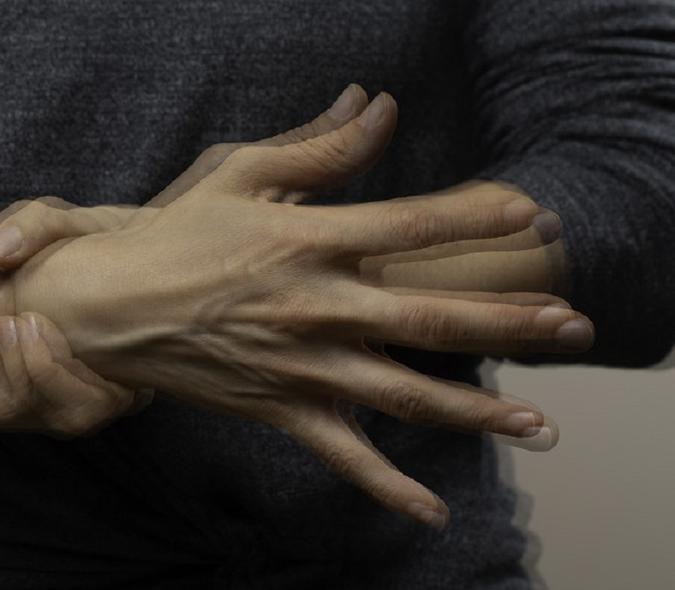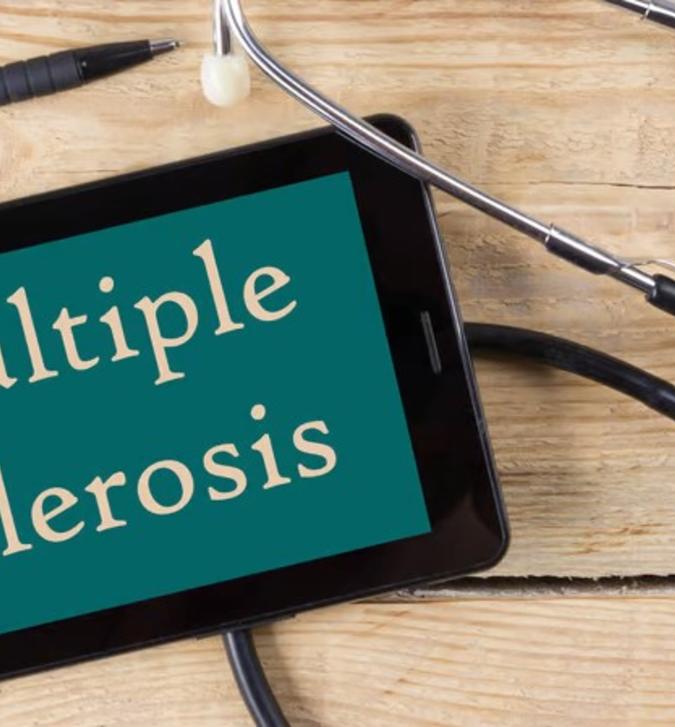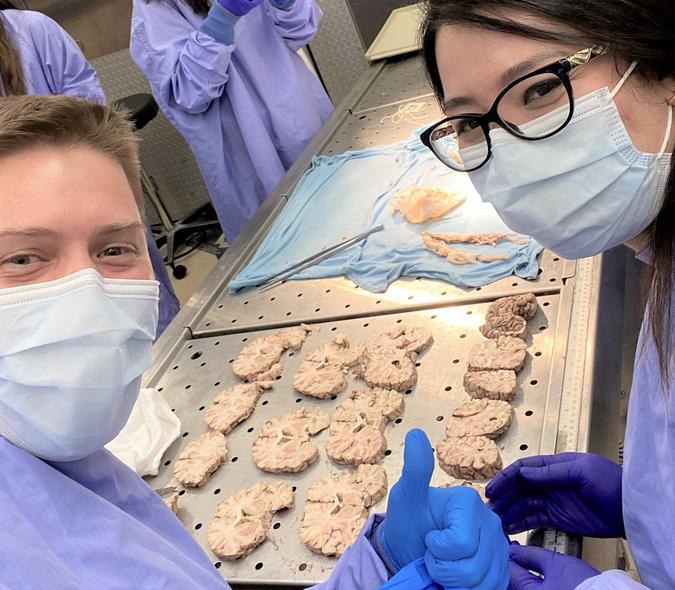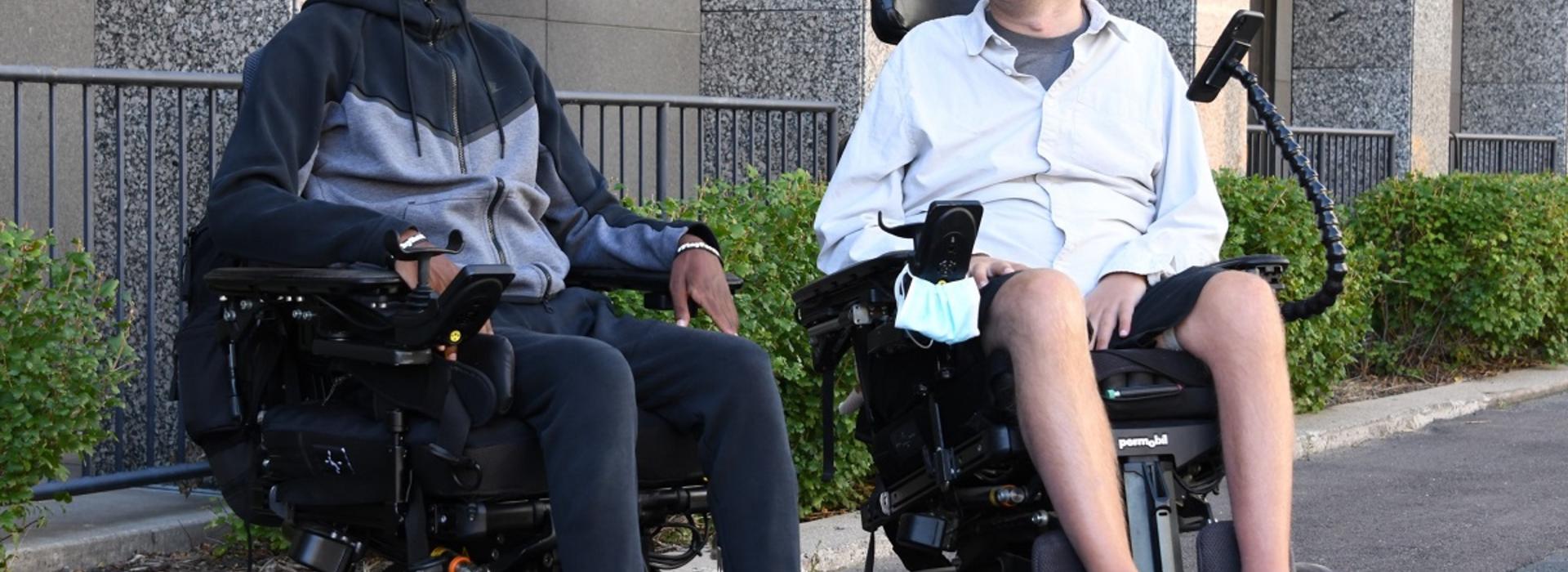
Department member brings lived experience to spinal cord injury research
Rehabilitation Medicine researcher, Rob Wudlick, has been with the department almost two years. Since he arrived, his primary focus has been on spinal cord injury (SCI) research. “I broke my neck more than 10 years ago during a diving accident while rafting in the Grand Canyon,” he said. “For me, identifying, improving, and expediting treatments for spinal cord injury-related functional outcomes is really important.”
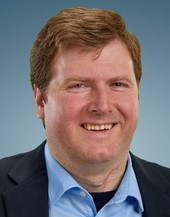
As a result of his accident, Wudlick (pictured here) is a high-level quadriplegic. “I can’t feed myself,” he said. “I can’t perform a lot of the basic functions I need to live on my own. That’s a huge deal. I see it every day, 24/7.” That “lived experience” is what Wudlick brings to the department’s spinal cord injury research. “I provide a voice of reality,” he said. He also brings a lot of experience in grant writing and protocol development and helps with research study recruitment.
Personally rewarding
“My work is rewarding both personally and professionally,” he said. “I bring perspective to our clinical trials and how they’re performed. I also help with regulatory requirements. I feel like I’m making a difference in a small way in a big system.”
Wudlick is realistic enough to know that getting grant funding to do the things you really want to do takes time. “Living with the injury, I’ve always felt the pace of research and funding is too slow,” he said. “It can’t come fast enough.”
Nonprofit work
When he has spare time, Wudlick works with the nonprofit he co-founded, Get Up Stand Up to Cure Paralysis. “I got really motivated and had the mindset of doing whatever it took to get better early in my injury and still have that same drive,” he said. “Since we started the nonprofit, we have seen our impact on advancing SCI research.”
To addition to his nonprofit work, Wudlick advocates on behalf of SCI research. He was recently involved in helping the Minnesota Governor’s Office understand the potential impact of a budget proposal that would have cut traumatic brain and spinal cord injury research funding in the state. The funding was reinstated.
“For me, all of this is really personal,” said Wudlick. “I’m glad to be part of this process, but at the end of the day, I care more about helping with something that can improve myself and my friends down the road than about career advancement or personal gain.”
